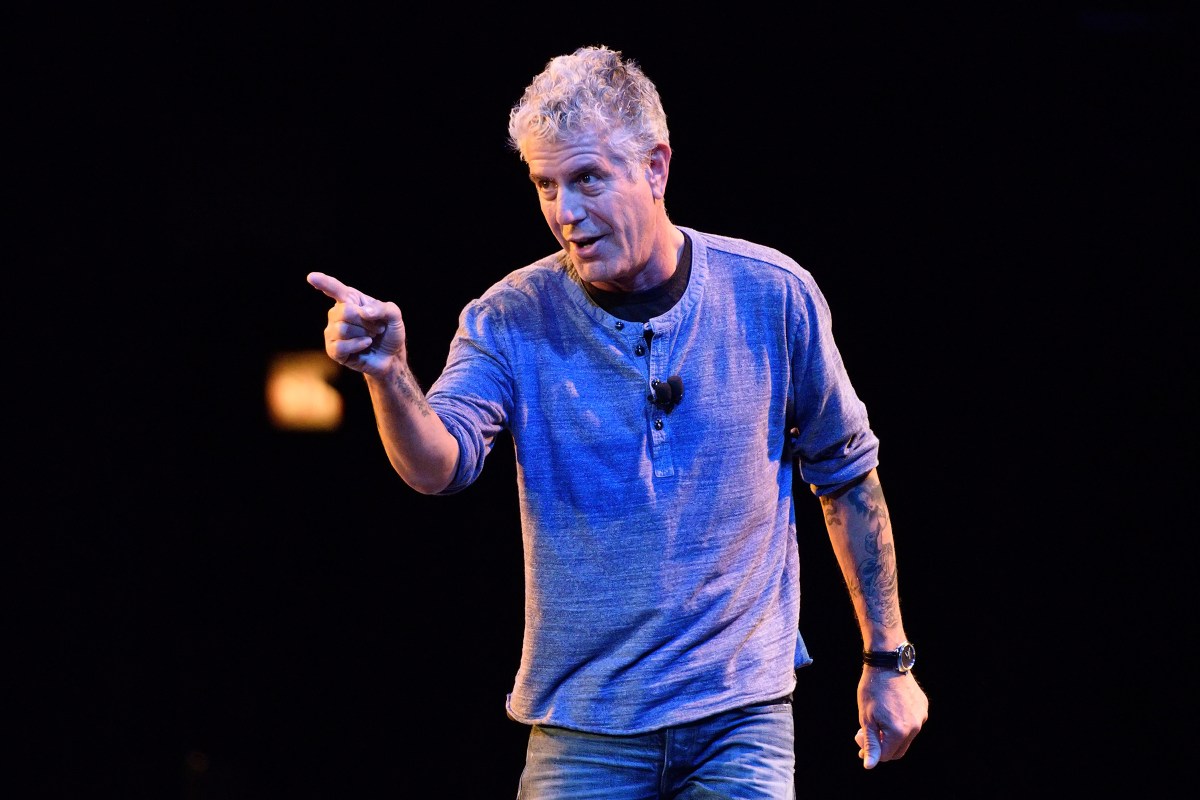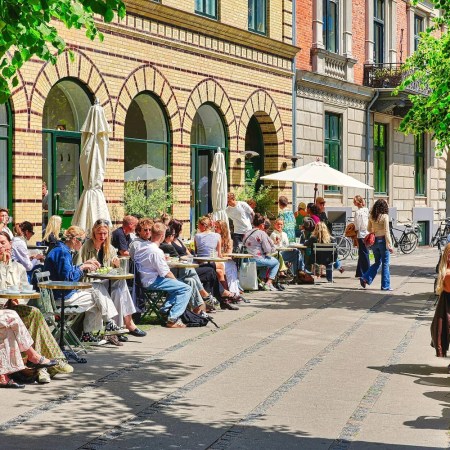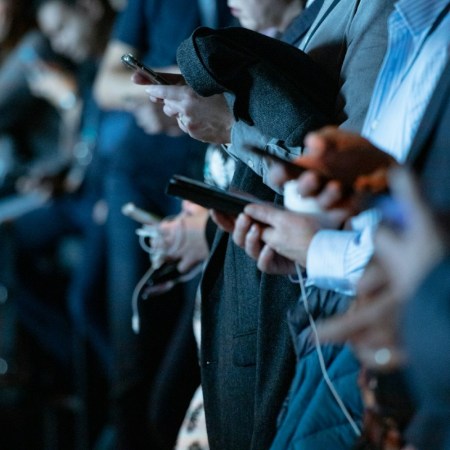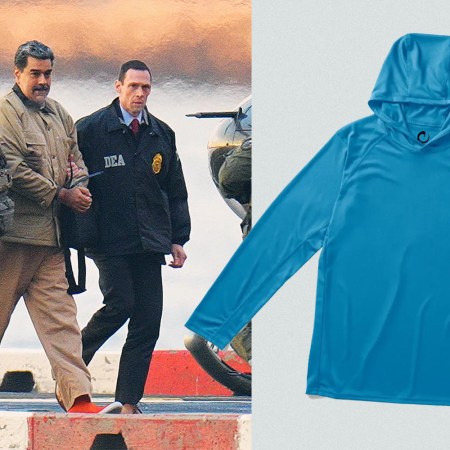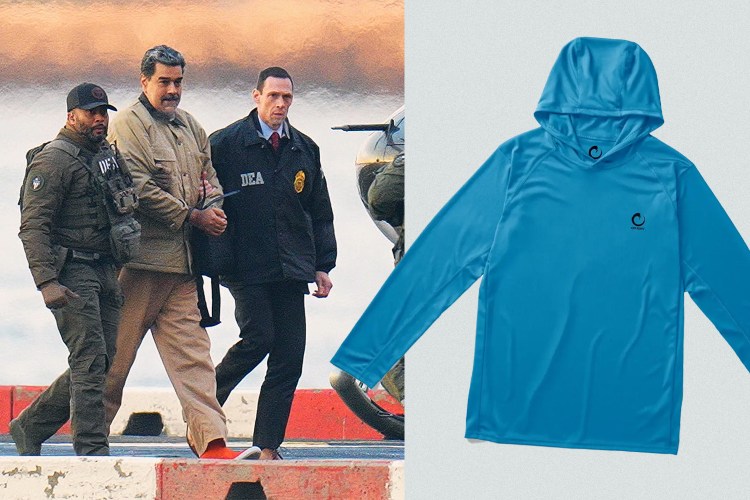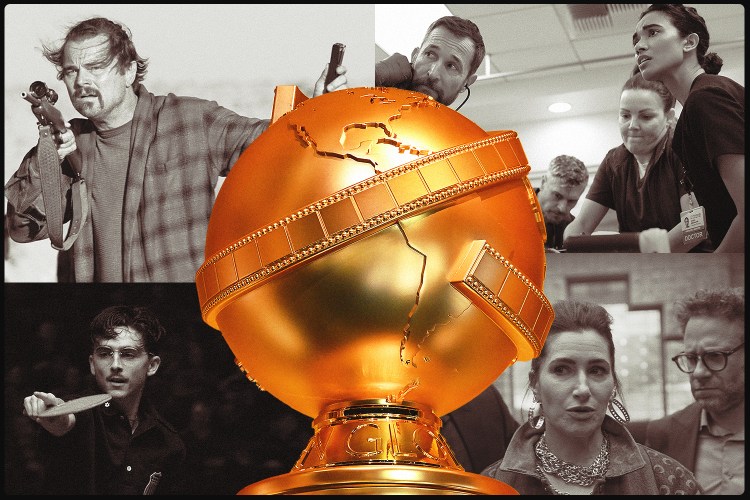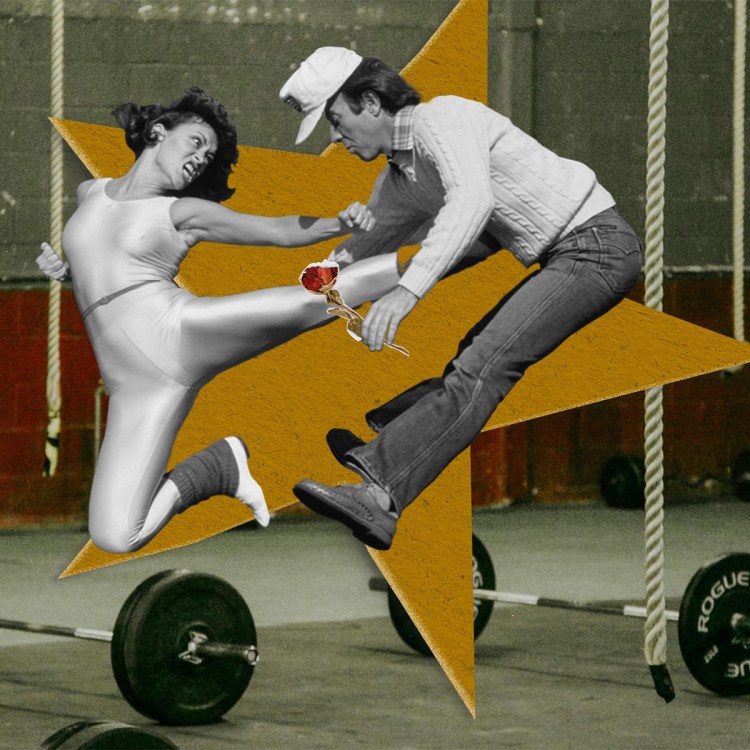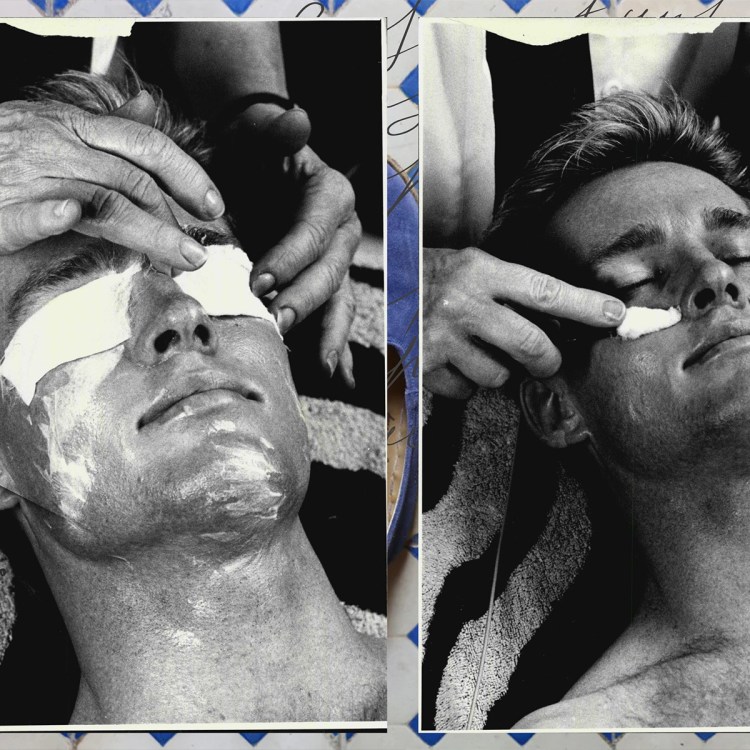There’s a moment in Parts Unknown where Anthony Bourdain is sitting with a paraplegic man in Laos. They’re talking about the horrors the region went through in the 20th century — much of it caused by CIA-funded bombs — and the Lao man seems somewhat surprised that Bourdain, an American, even cares. Bourdain clears his throat and says: “The least I can do is to see the world with open eyes.”
After Bourdain passed away in 2018, The Atlantic wrote a tribute to his life and work, titled “Anthony Bourdain’s Extreme Empathy.” The piece, among countless other profiles that emerged that year, crystallized why so many admired the chef. It wasn’t just his wit or patchy jackets. People admired his empathy. They knew that if they wanted to be like him, they had to do more than just eat the food from some some hole-in-the-wall in Uruguay. They had to make a connection with the people there and listen to their stories.
Bourdain-level empathy is hard to find these days. The same publication that eulogized Bourdain three years ago recently wrote a piece decrying a creeping “empathy crisis” in modern America. The short of it? We’re simply not equipped to handle today’s onslaught of bad news. The word “deadliest” crops up a lot lately: deadliest wildfire season ever, deadliest year for gun violence, deadliest hurricane season in 250 years. It’s all arriving, too, against the backdrop of a once-in-a-century pandemic that has so far taken the lives of more than 700,000 Americans.
Exhaustion is eroding our collective empathy, which is a real shame, because “seeing the world with open eyes” — whether that’s appreciating the plight of someone who lives on your block or the other side of the world — is a better way forward for forming sustainable relationships and healthier communities. In other words, it represents the complete opposite of the divisiveness currently raging on Twitter at all hours of the day.
Can we earn our sense of empathy back, though? Maybe not by consuming more news; doomscrolling isn’t exactly helping anyone. Instead, it might be worth studying those who have a preternatural sense of compassion for the needs and feelings of others. They’re known as “highly-empathetic persons,” or empaths, and cherry-picking habits they often bring to relationships with family, friends and coworkers could potentially kickstart your empathy engine.
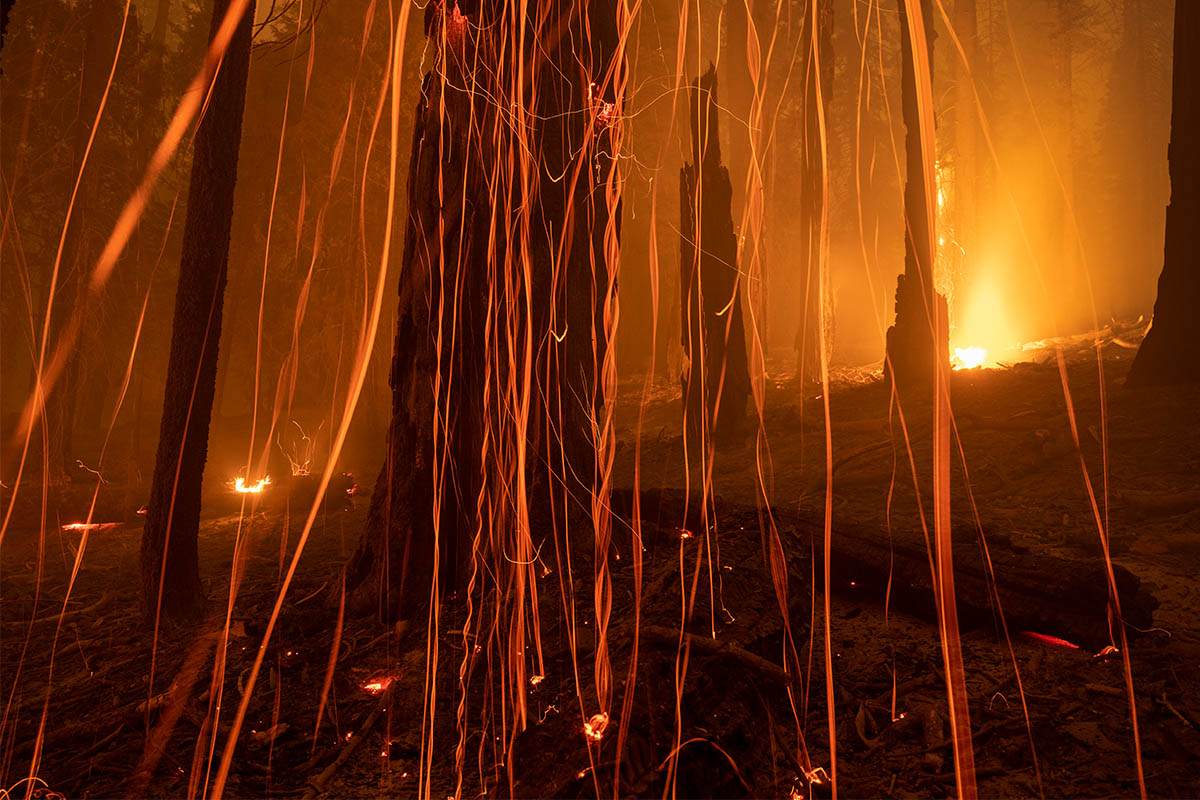
Empath research has been primarily pioneered by Dr. Judith Orloff, who published The Empath’s Survival Guide: Life Strategies for Sensitive People in 2018. Dr. Orloff identifies empaths through the following quiz:
- Have I been labeled as “too emotional” or overly sensitive?
- If a friend is distraught, do I start feeling it too?
- Are my feelings easily hurt?
- Am I emotionally drained by crowds, require time alone to revive?
- Do my nerves get frayed by noise, smells, or excessive talk?
- Do I prefer taking my own car places so that I can leave when I please?
- Do I overeat to cope with emotional stress?
- Am I afraid of becoming engulfed by intimate relationships?
Answering up to three questions affirmatively means you’re “part empath” (like most things, it operates on a spectrum), and more than three yeses is a solid sign you’re a highly-empathetic person. It’s important to note, right off the bat, that being an empath is not necessarily a superpower. Empaths struggle with crowds; they can experience sensory overload; they take comments to heart. They also have to take the good with the bad — your empath friend might be just as happy as you are when you get a job, but he’ll feel a shockingly similar level of pain when you lose your dog, too.
Still, empaths are fantastic communicators. Dr. Zara Dana, an empathy researcher and senior data scientist at Supportiv, a peer support platform, notes that empaths are “masters of emotional communication.” And while you wouldn’t call them tactics — empaths don’t have ulterior motives — their responses to sensitive situations are often pitch perfect.
Dr. Dana says: “They’re equipped with an arsenal that includes A) emotional reaction, B) interpretation and C) exploration. They say things like ‘Oh no’ and ‘I feel your pain.’ Then: ‘That must be difficult’ or ‘That often happens to me too.’ But empathetic people don’t stop there. They tend to explore other people’s feelings and plans of action going forward. This exploration could be as generic as ‘What do you want to do next?’ or more specifically, ‘Have you shared this with your parents?’”
Dr. Michael Alcee, a clinical psychologist with multiple TED Talks to his name, invokes Atticus Finch’s famous turn of phrase from To Kill a Mockingbird when describing empaths: “The empath has a profound empathic imagination, a capacity to know someone deeply … to ‘climb into his skin and walk around in it.’” According to Alcee, “Empaths are well versed in the fluid nature of emotions, and how quickly and easily they can move from one thing to the other, so they aren’t as judgmental of people’s changes. They’re more supportive and encouraging of the other person’s process. The primary benefit of this empathic capacity is a richer, fuller, more nuanced appreciation for the strengths and flaws of others, and even a capacity to create a space so that new aspects of themselves can emerge and unfold.”
That final point is key — beyond nurturing person-to-person relationships, crafting an empathic capacity means opening a backdoor to self-care. Studies have shown that practicing empathy towards others reduces stress in one’s own life. It makes sense: if you grow accustomed to processing the pain and problems in other’s lives, it becomes more difficult to ignore issues in your own.

Angela Legh, a children’s book author, is a highly-empathetic person. She lives by her own, cobbled-together empathic code: meditate every day, “search inside” when triggered by another person’s behavior, come from a place of understanding, choose love in every situation, set aside blame and look for solutions. “It is a fact that hurt people hurt people,” Legh says. “When I see the pain behind the actions of my persecutors, it changes the way I respond to them. Understanding what drives a person to take an action is not accepting their behavior; it simply means I now understand their motivation.”
If some of Legh’s credos sound familiar, or even somewhat obvious, that’s because they are. But that doesn’t make the act of practicing them day in and day out any less difficult. In fact, that’s what so maddeningly frustrating about the concept of empathic capacity — we know the correct answers already. Sometimes even in the moment itself, we know how we should react, but we choose a muted version instead, or even the exact opposite.
One of the best defenses against falling into that trap, according to Rachel Wahba, another empath, who’s worked as a pyschotherapist and a holistic life coach, is to “connect with people in a way that doesn’t invalidate or make it about you.” That means using correct language in conversation, as Dr. Dana noted, but it also just means listening. Sit there, soak it in. Everyone has that friend who seems to be waiting for you to stop speaking so they can jump right in. But how does that feel, when you’re looking to get something off your chest? Memorize that feeling, and make sure you don’t project that reputation in conversations with others.
Empathy is a so-called soft skill, meaning it’s especially desirable to modern employers, but rarely taught or discussed in a traditional classroom, and remains a bit of a mystery to most people. Fortunately, though, it’s something that anyone can prove exemplary in, not just empaths. Dr. Dana says, “Empaths are not a different breed of people. We can learn to be more empathetic.” And Dr. Alcee agrees. “We’re all built as human beings to be empathic. In fact, we couldn’t survive or thrive without it … whether from the first interactions with our mothers and fathers to our later friendships, romantic relationships and work collaborations, empathy is truly king.”
Living in the 2020s, it would appear, might require a little more legwork. Before you go empathizing with people suffering in all corners of the world, though, work on ushering it into your daily interactions. Note how employing highly empathetic habits diffuses situations or enlivens relationships. Don’t be surprised if people start coming to you more often for advice. And — while this isn’t the express endgame — monitor ways in which your outlook on life starts to improve. Shagoon Maurya, a counseling psychologist and founder of an online therapy platform, even expects a commitment to empathic capacity to aid those suffering from work burnout. “When colleagues understand where the other person is coming from and communicate effectively, feelings of frustration and sadness can soon be replaced with collaboration and gratitude.”
Small wins beget big ones, and at some point down the line, the 6:30 p.m. news might be easier to bear. As Dr. Alcee says, “You can begin to seek a multidimensional storyline rather than just staying with the headline. In a culture prone to polarization and oversimplification, empathy helps us subvert easy categories, and take in the fullness of the many signals we’re getting … including the contradictory ones.” Imagine a world where everyone finished articles before unloading their unsolicited take on the unwitting masses?
That sounds lovely, which also means it’s likely too good to be true — on a global scale, at least. Twitter accounts and governments are still going to let you down. That’s okay. Part of courting an empathic way of life means letting the world in and accepting that sometimes there’s no silver lining. People are really good at hurting people. But the empaths I spoke to have routines for these moments. They take time to themselves, somewhere quiet and listen to music, read, cook or meditate. Whatever works for you and gives you enough time to take a deep breath and resolve to continue your practice: choose love in every situation, and no matter how much wildfire smoke may blot out the sky, do your best to see the world with open eyes.
The Charge will help you move better, think clearer and stay in the game longer. Subscribe to our wellness newsletter today.
